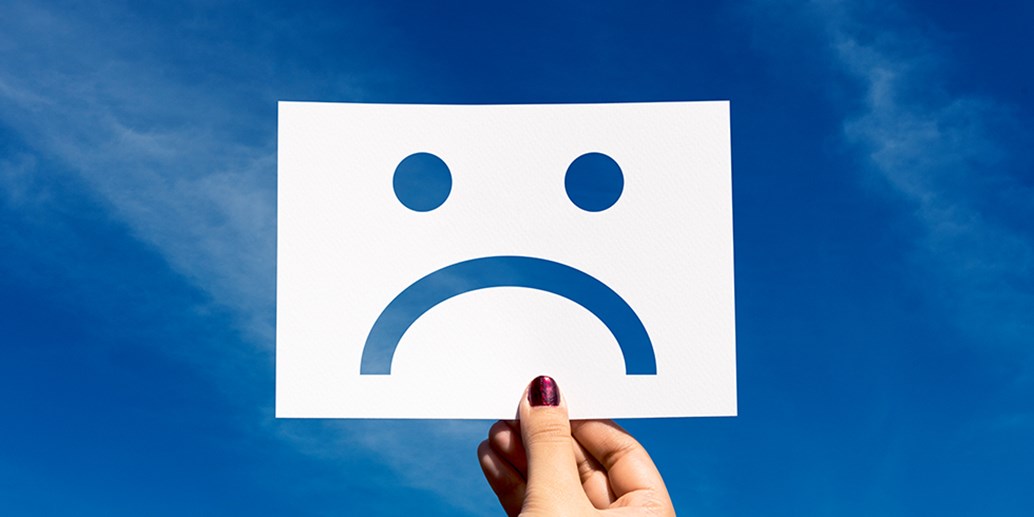Thank you! A member of the intake team will be in touch with you shortly to finalise your booking.
Working through hard times
Read More
Worried about putting your foot in it?
It's important to discuss mental health with people you care about, but if you don't use tact and compassion, your help may do more harm than good.
Impacts of Language:
Language can have a big impact on how someone feels about their mental health or recovery journey. It’s critical to understand that depression isn’t just about feeling sad and it isn’t something someone can just flick on and off. People experiencing depression can often feel irritable, frustrated and just generally unhappy. Treating someone like they are at fault will not only anger them, but could make them feel guilty for not being a good friend or for bringing your or others’ moods down – something they often don’t know how to control.
What to Avoid Saying:
Depression can affect the whole of the self, and includes many physical symptoms such as feeling tired all the time, headaches and muscle pains, a churning gut, sleep problems and a loss or change of appetite. So as a tip, here are a few things you should not say to people who are down or depressed:
Tips on What to Say:
If you think before you speak and separate the person from their condition, there is more opportunity to have an open and honest conversation with productive and positive help-seeking language. Some things to do when talking to someone who has depression.
It's tough to find helpful words to someone who is feeling depressed. Don't be afraid to say, "I am not sure what to say right now." When you're talking to someone about their depression, repeating platitudes can make someone feel that you're minimizing their feelings.
If you are struggling to understand what they need, be honest; calmly explain this to them, then be patient and be ready to hear them. If you think you've said something hurtful in the past, apologise. Explain that you weren't sure what to say or that you didn't understand. An apology can help someone begin feeling better if your words haven't been helpful in the past.
Other resources
If you’re worried about a friend, colleague or family member R U OK? has lots of great resources to help you start a conversation.
Drake WorkWise EAP, ManagerSupport and wellbeing programs are also here to support you and your organisation.
Who to contact for help?
Make an appointment with a General Practitioner (GP)
Contact your EAP
AU 1300 135 600 NZ 0800 452 521 [email protected]
Via our Drake WellbeingHub app
For Apple device (iPhone, iPad & iPod touch) Download App
For Android device Download App
Please note, if you feel your safety or another's safety is at serious risk, please always remember to call 000 in Australia and 111 in New Zealand, for emergency assistance.